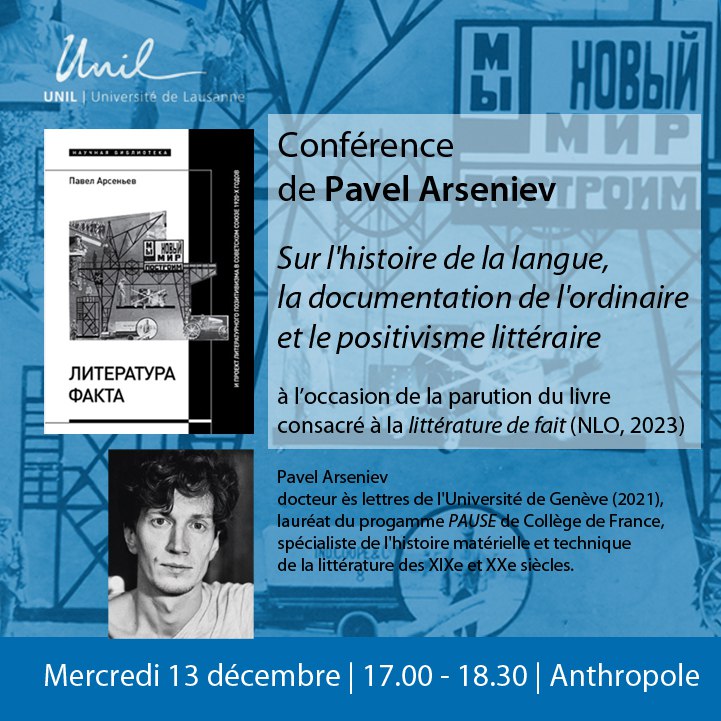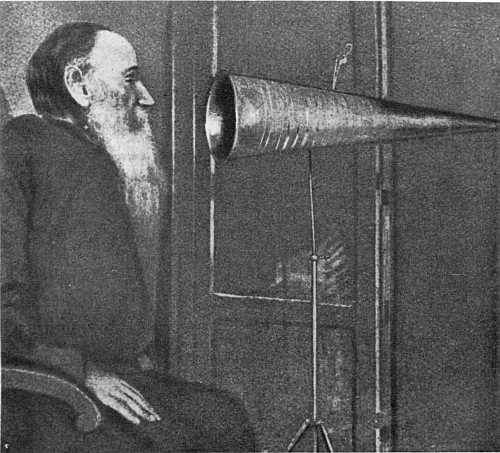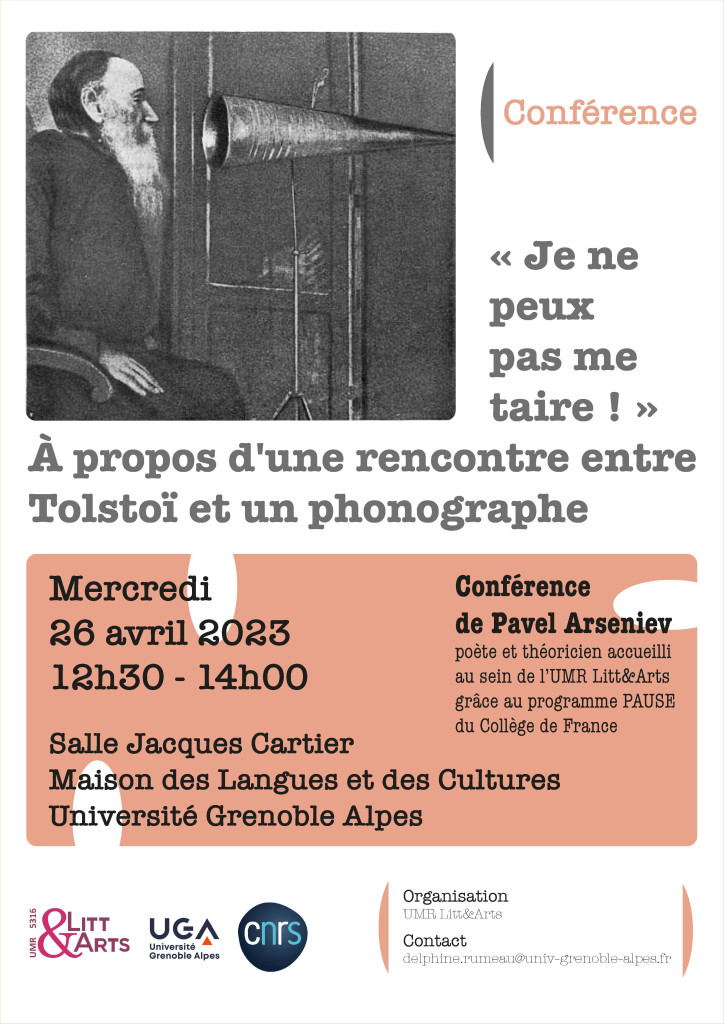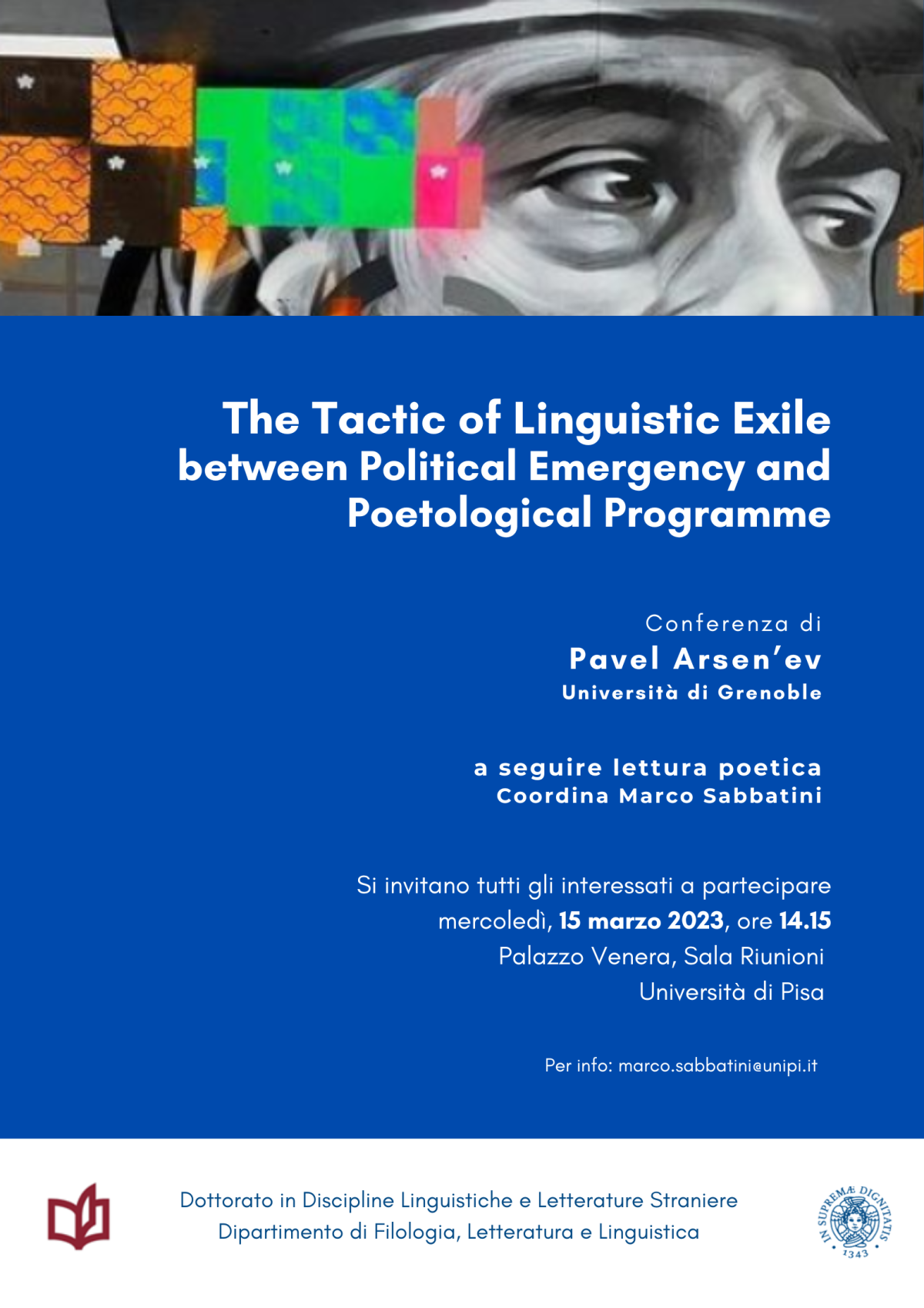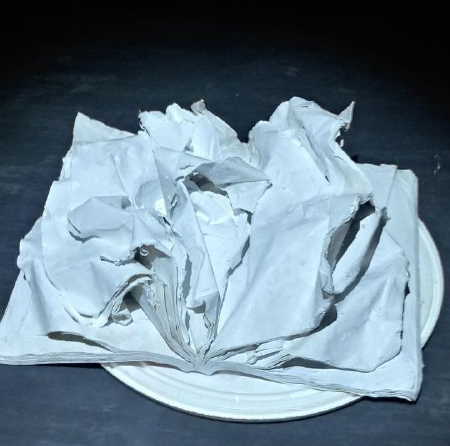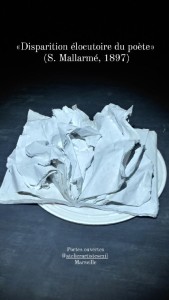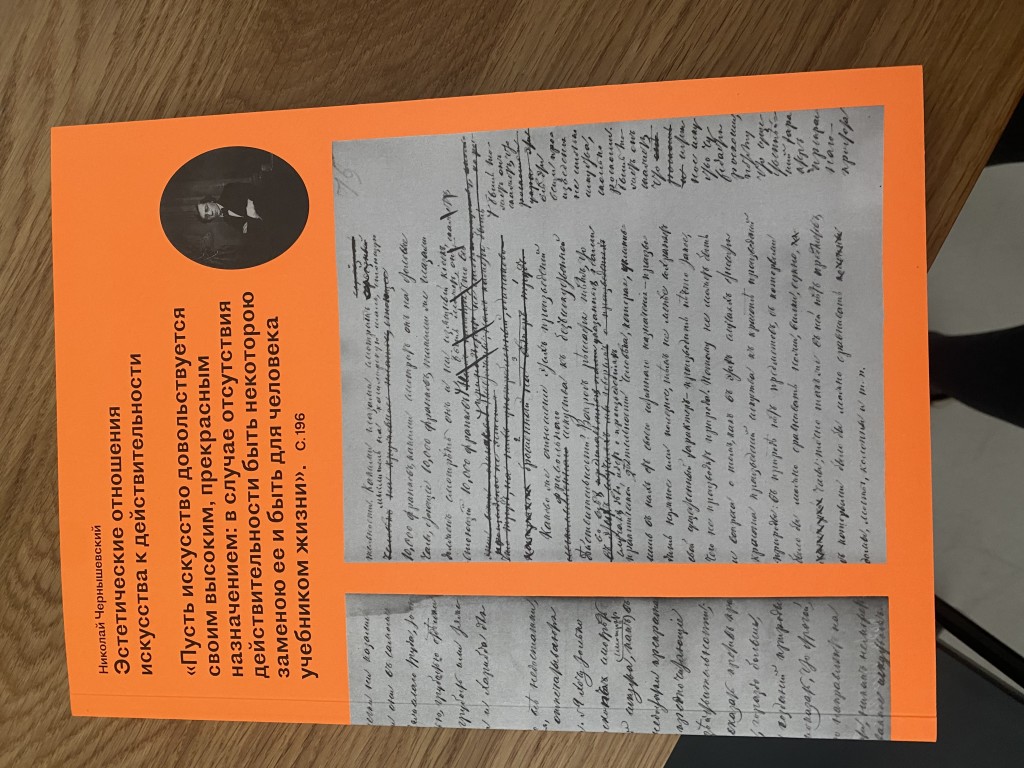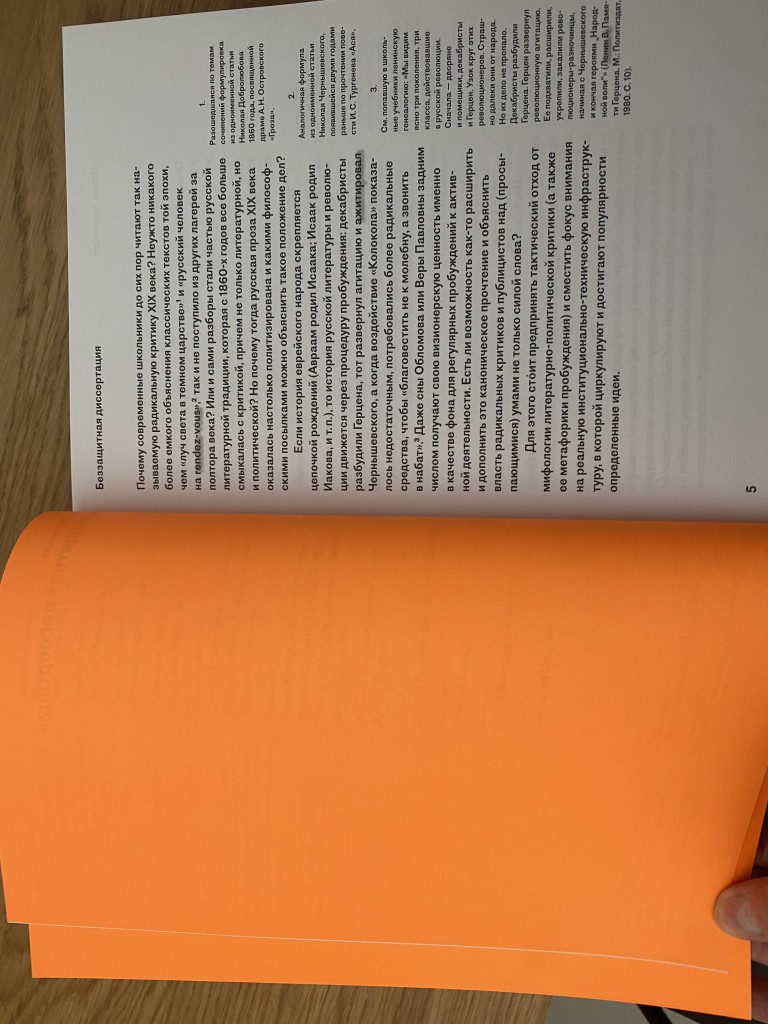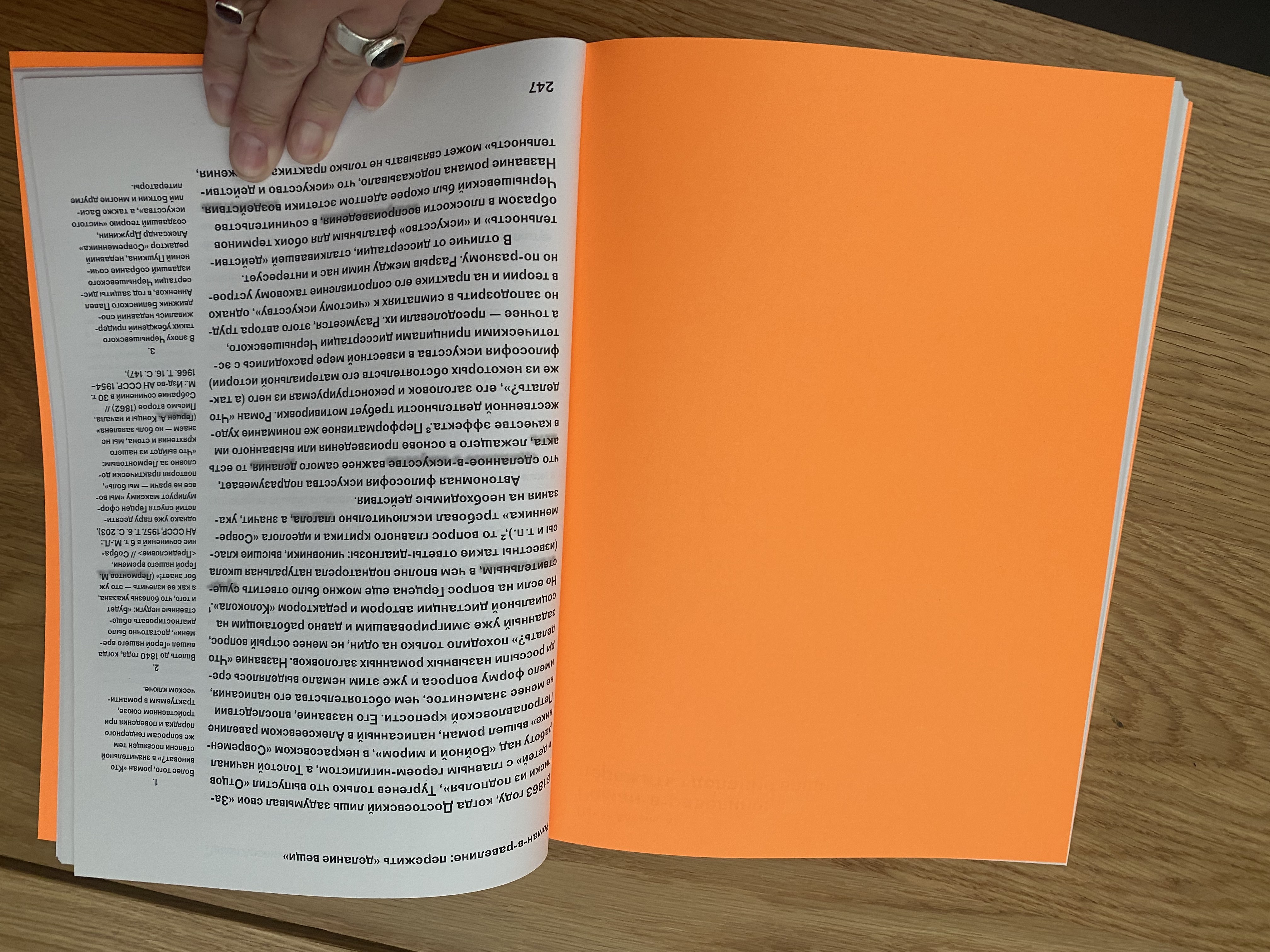Vernissage 2-3 Decembre
Once the creative act became an autonomous value independent of created art piece, poetry is pursued by the temptation of materialization of immaterial. Of course the issue is not only in the ‘act’, but also in some collusion between the author and the material. As Timoti Morton suggests, «when poetry is being written, authors strike a bargain with paper, ink, textual processor, trees, editor and air». This project aims to capture the creative act in its relation with different material actors and machinery of objects. Basically it is the question of how artistic subject could be plugged to the object/material in the new era. If previously poetry characterized by strong transcendental subject who was dictating and prescribing to matter or ignoring it, maybe now we live in the epoch when it’s time to let the material self-organize and imagine poetry existing in some objective form.
«Je est un autre» (A. Rimbaud, 1871)
Subjective shadow on the wall
In his letter of may 1871, where this formula appears, Rimbaud also proclaims that onсe he will start to practice ‘poésie objeсtive’. Rimbaud explains that poetry of the past was too much organized around the subject and was a sort of out-of-date humanistic dream, that’s why objective poetry should pass the initiative to the Other and shift practice of poetic transformation till the total loss of any initial identity. Here, by means of rejection of subjective correlation on the grammar level, poetry tries to fulfill its eternal dream – to get rid of language mediation and to speak about the very things. As we know later the formula of such lyrical out-sourcing migrated to politics and was very popular in activist rhetoric after the war («Je suis Charlie», «We are all German Jews», etc).
«Disparition élocutoire du poète» (S. Mallarmé, 1897)
Artist’s book full of doubts concerning the result of thrown dice
If Rimbaud still presents drama of a subject, Mallarme inhabits the very field of signs on the page, which already can self-organize and let the material advent of Poem to happen. Resisting to the lyrical idealism, Mallarme proclaimed lyrical materialism of the signifier, where poetry opens its dimension of self-referring «mystery in the letters». His famous «typographical poem» gave birth to several traditions of ‘poetry in expanded field’: poetry in the graphic space of the page (livre d’artiste, lettrism of all kinds, and what could be called «objective-oriented poetry») and combinatory poetry (OULIPO, «mediated production of contingency» and all its technically inspired forms). But the general idea that the poet has nothing in the disposal except the words (graphics and syntax of language), thus Mallarme poetically radicalizes the method (and doubts) of Descartes: «I write, therefore I’am».
«Si un poème est jeté à travers une fenêtre, il devrait se briser…» (D. Kharms, 1929)
Accident just before the opening
Daniil Kharms argued: “If these verses were to be thrown out of the window, it would be broken.” It is precisely this formula where Kharms demonstrates that he has considered the first experience of an actual understanding of the presence of poetry in public space, one which permeates private space. Whilst in the literature of Khlebnikov and Mayakovsky, first Russian futurist poets, city metaphors can be sited as the material of poetry (although associated with real experiments on the streets and squares). Each poet establishes his understanding of verses on the basis of the motorics of his gesture of inspiration. The perlocutionary effect of Kharm’s one is the broken window, destroyed surface of the world view interface. In the spatial composition — an attempt of reconstruction and materialization of this pragmatic metaphor without the participation of the text (For the first time hommage-attack was made under the windows of the house in St. Petersburg, where Kharms lived).
“Material poetry” (Hegel).
Cycle of objects (video-documentation)
Sometimes the catastrophe addressed to the medium that itself becomes the object. The objects emerge out of catastrophe, that is, the release of poetic energy is a result of destruction of its material substrata (as if in an episode from the grand history of the dis-invention of language), in particular, the scrap of paper that, to borrow an expression from Hegel, “in the course of a genuine attempt to be spoken out in words out must turn to ashes”. Having never been spoken out before, the material basis of texts could only get destroyed in the process of expressing itself. Such a staging of (the impossibility of) expression “of things themselves” is, possibly, the nearest step to a poetic autonomy of materials and overcoming the hegemony of writing. Poetry has always strived to transcend (former version of) itself. But this movement towards self-negation was always played out in the domain of language in the form of a partial demolition of syntax and a controlled rejection of meaning. It never completely broke free from language and even less with it’s most traditional media, a rupture that should have been tried as a radical step towards the things themselves. If words have since long acquired the right to self-organization, why deny this right to materials?



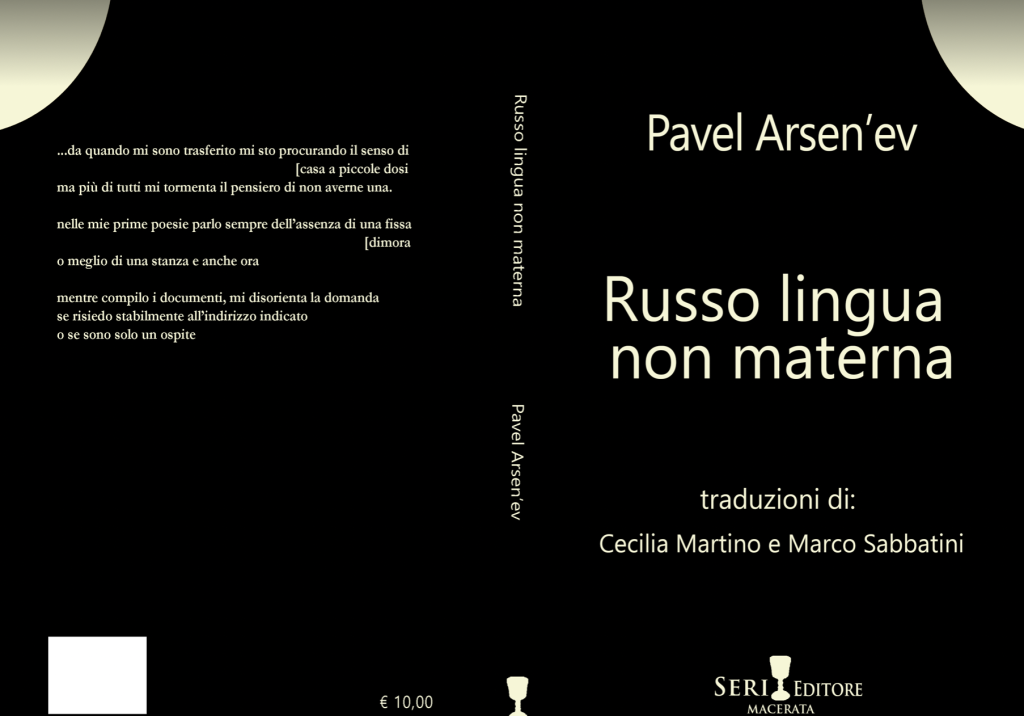
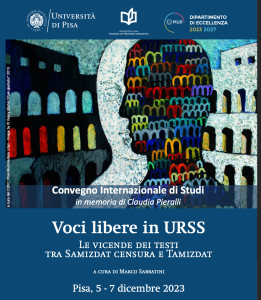
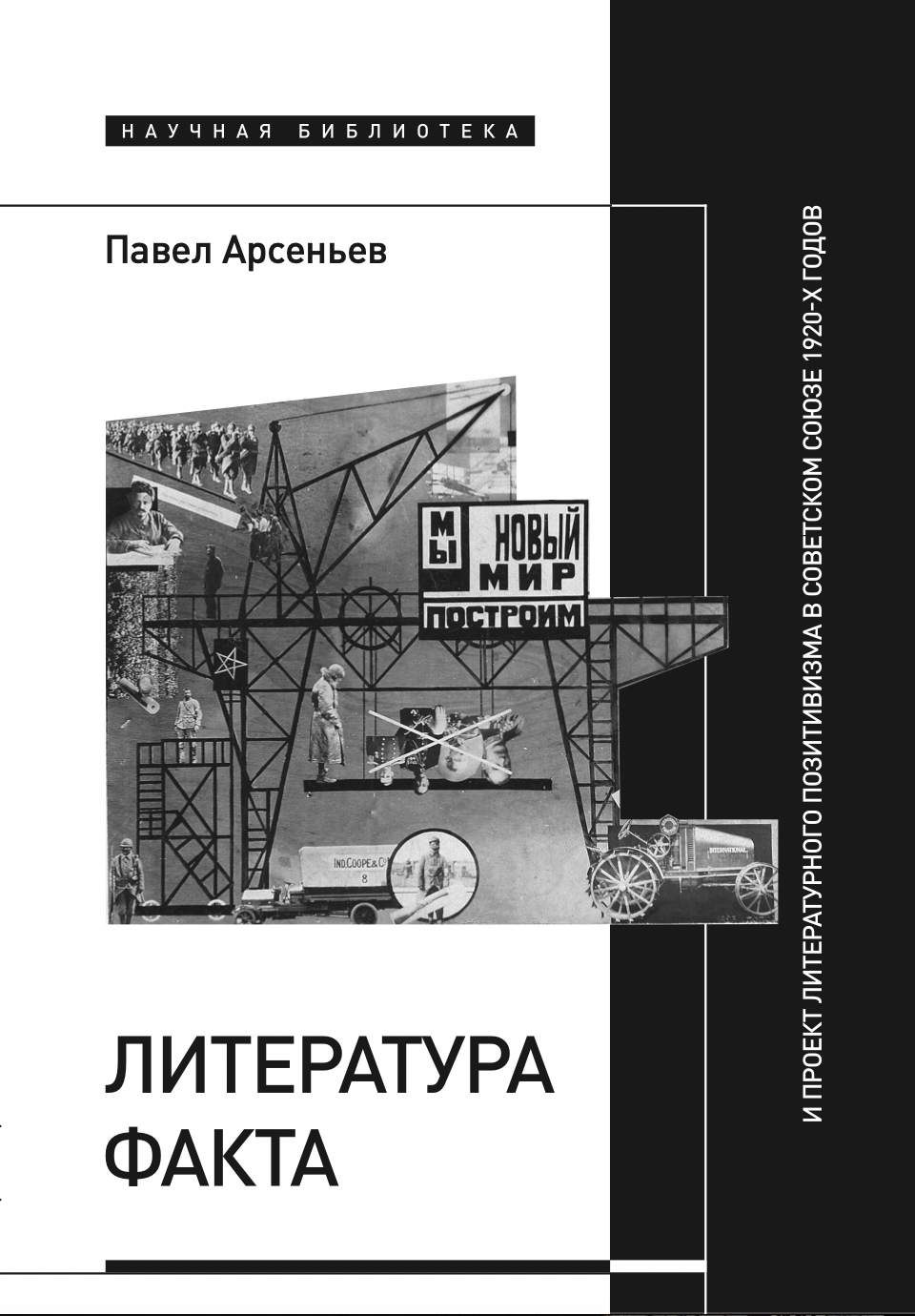
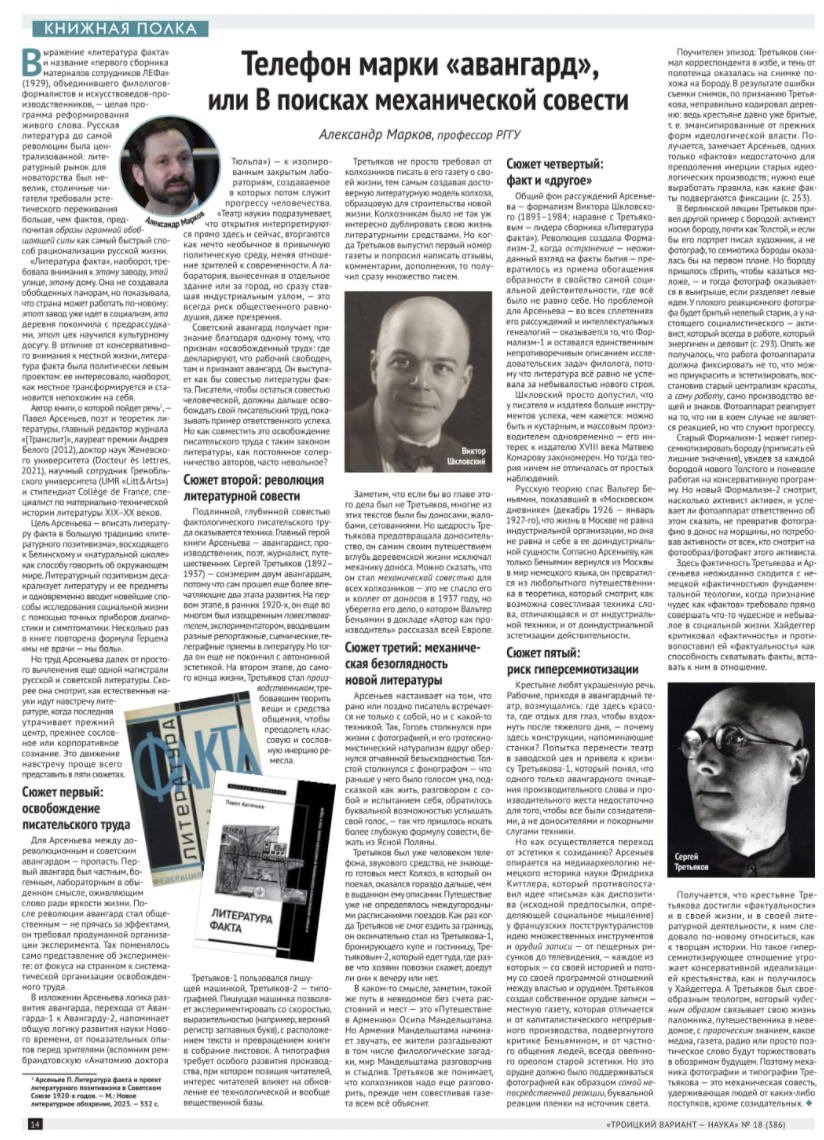
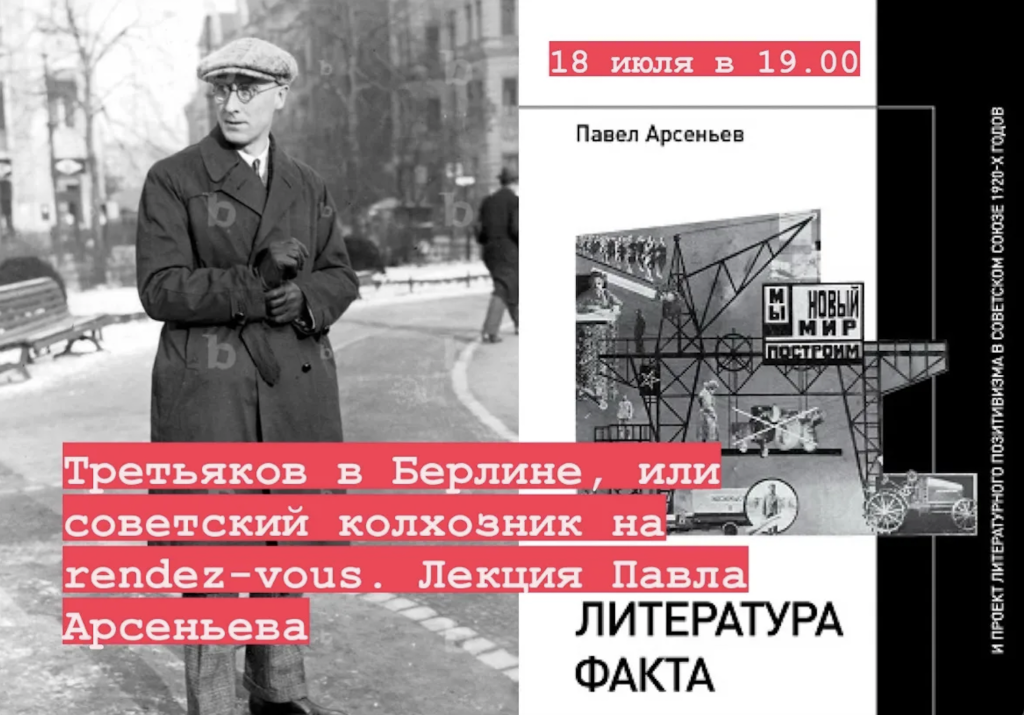 В ходе лекции о визите советского колхозника в Веймарский Берлин Павел Арсеньев представит свою книгу «
В ходе лекции о визите советского колхозника в Веймарский Берлин Павел Арсеньев представит свою книгу «